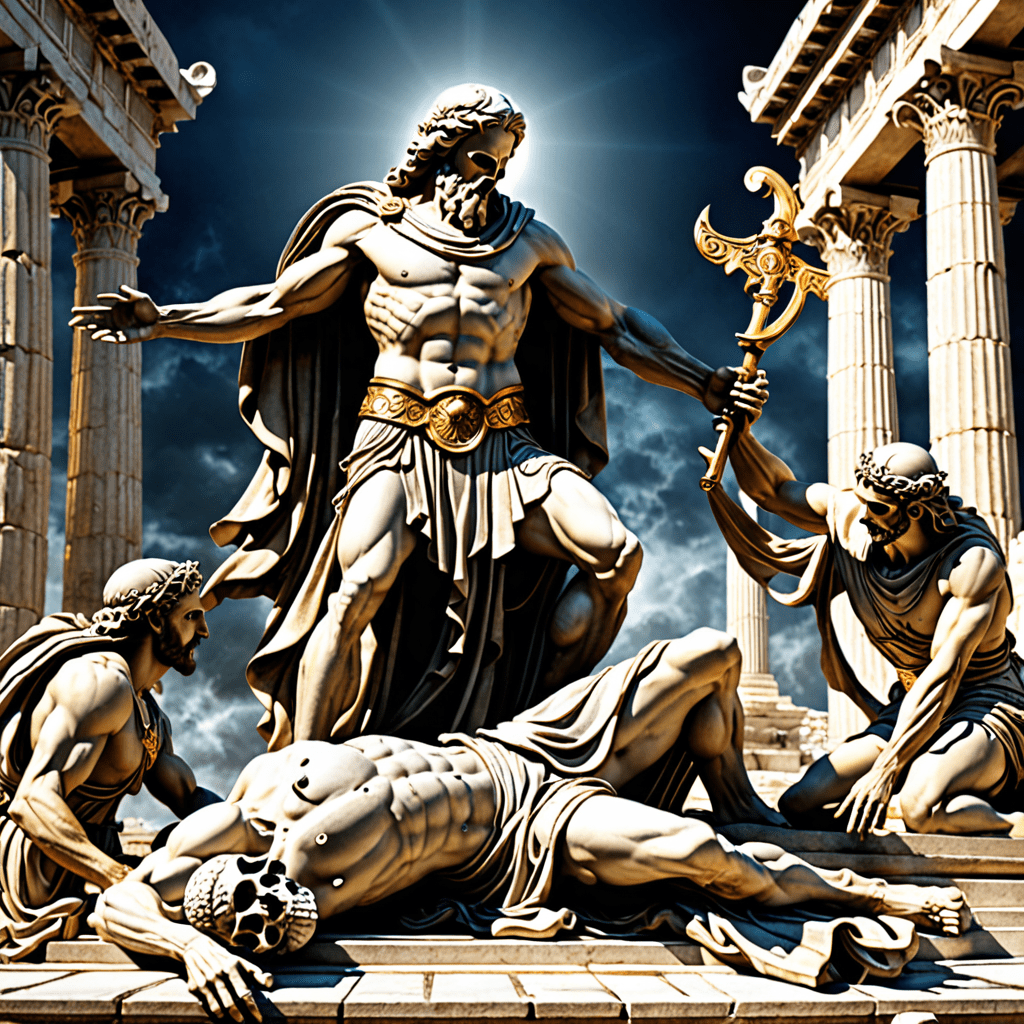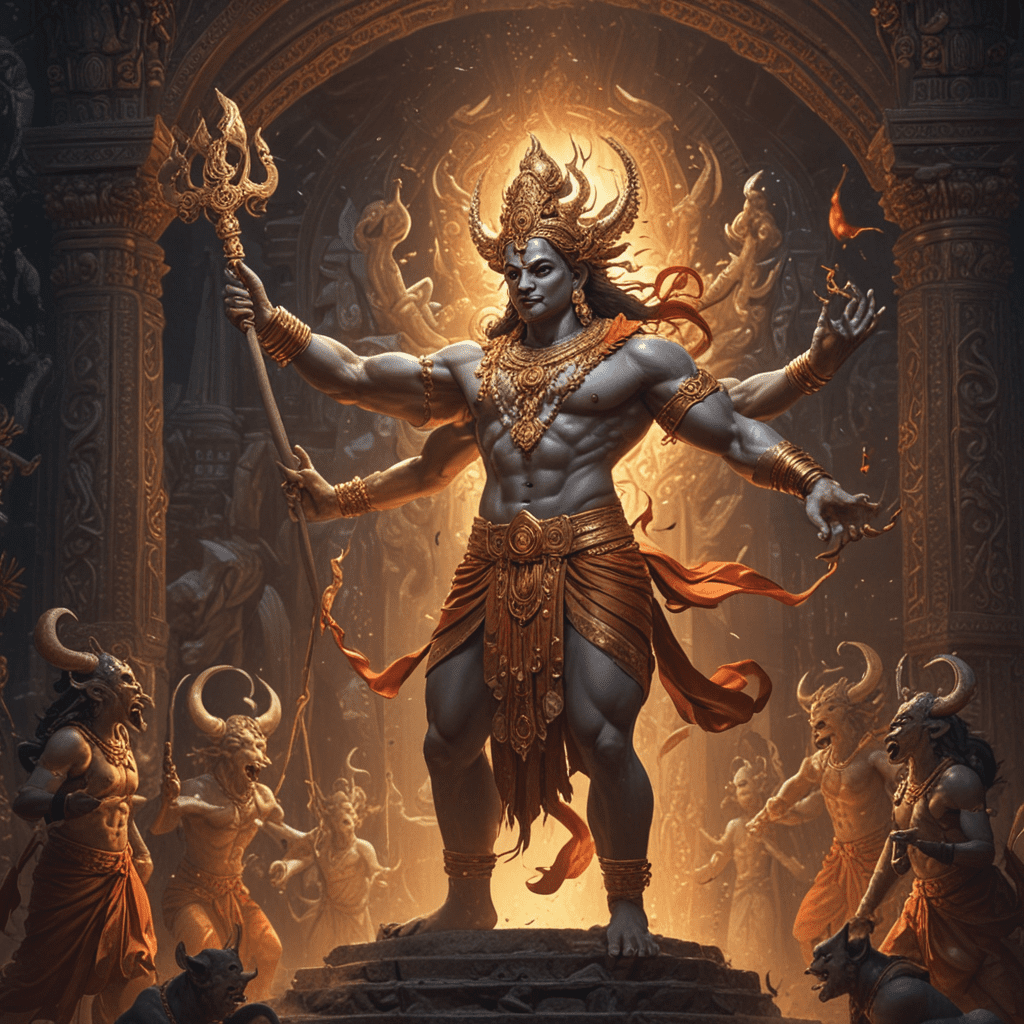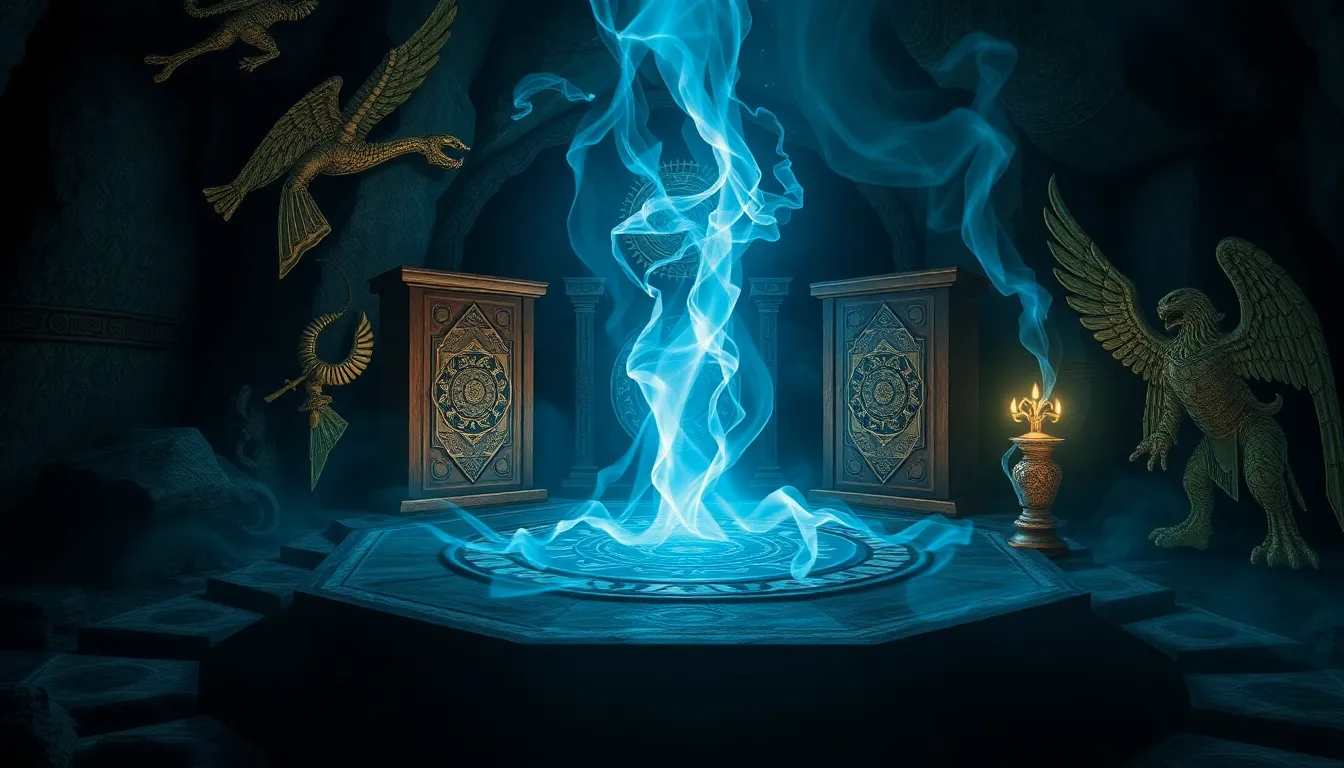The Representation of Death in Greek Mythology
Death holds a significant place in Greek Mythology, woven intricately into the narratives of the ancient world. The Greek perception of death was not just the end of life but a passage to another realm, where the deceased interacted with gods and mythical beings. Let’s delve into the unique representations of death immortalized in Greek myths.
Thanatos, the Personification of Death
In Greek mythology, Thanatos was the personification of death. Unlike modern perceptions of death as grim or scary, Thanatos was a respected figure embodying a natural and necessary part of life’s cycle. Often depicted as a winged youth, Thanatos guided souls to the afterlife, operating alongside the god of sleep, Hypnos.
The Underworld: Realm of Hades
According to Greek mythology, the Underworld was the domain of Hades, where souls journeyed upon death. This realm was not merely a place of punishment, as in some religions, but a reflective environment where individuals faced consequences-both good and bad-of their earthly actions. The river Styx, the fields of Asphodel, and Tartarus were integral elements of this afterlife realm.
Impact on Mortals’ Lives
The Greek view of death significantly influenced mortal behavior. The belief in an afterlife governed by Hades and overseen by the three judges of the dead-Passaron, Minos, and Rhadamanthys-encouraged individuals to lead virtuous lives. This notion of facing consequences in the afterlife for earthly deeds instilled a sense of morality and accountability among the ancient Greeks.
Heroic Depictions of Death
Death in Greek mythology was also glorified through the heroic acts of individuals who valiantly met their demise. Heroes like Achilles, who met his end in battle; or Orpheus, who journeyed to the Underworld to rescue his beloved Eurydice, showcased bravery and resilience in the face of death. These narratives highlighted the Greek valorization of honorable death in fulfilling one’s fate.
FAQs about the Representation of Death in Greek Mythology
What is the significance of death in Greek mythology?
In Greek mythology, death was often portrayed as a natural and inevitable part of life. It was seen as a transition to the afterlife where souls journeyed to the underworld, ruled by gods like Hades and Persephone.
How is death represented in Greek myths?
Death in Greek mythology was represented through various stories and figures such as Thanatos, the personification of death, and the River Styx, which souls had to cross to reach the underworld. It was often depicted as a solemn but necessary aspect of the human experience.
What role did the gods play in the realm of death in Greek mythology?
The gods in Greek mythology played significant roles in the realm of death. For example, Hades ruled the underworld, deciding the fate of souls, while Hermes guided the deceased to the afterlife. These gods influenced how death was perceived and understood by the ancient Greeks.



